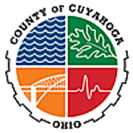In April 2019 , the Annie E. Casey Foundation and Third Sector began working with six states to better utilize local and federal funding sources to improve educational and employment opportunities for youth and young adults ages 16 to 24 who are out of school or unemployed, and who face the greatest barriers to achieving financial stability.
, the Annie E. Casey Foundation and Third Sector began working with six states to better utilize local and federal funding sources to improve educational and employment opportunities for youth and young adults ages 16 to 24 who are out of school or unemployed, and who face the greatest barriers to achieving financial stability.
The effort specifically focused on various wellness outcomes defined by each state, including educational credential attainment, job placement and wage progression.
Third Sector, in partnership with the Casey Foundation's Center for Economic Opportunity (CEO) and Research Evaluation Evidence and Design (REED) units, provided the following strategic technical assistance:

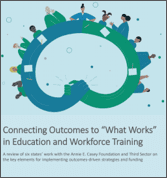
 Arkansas
Arkansas



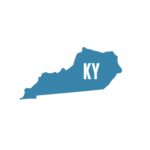 Kentucky
Kentucky


 Mississippi
Mississippi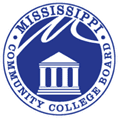
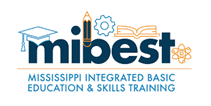

 Nebraska
Nebraska

 New Mexico
New Mexico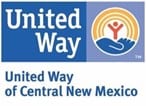


 Ohio
Ohio